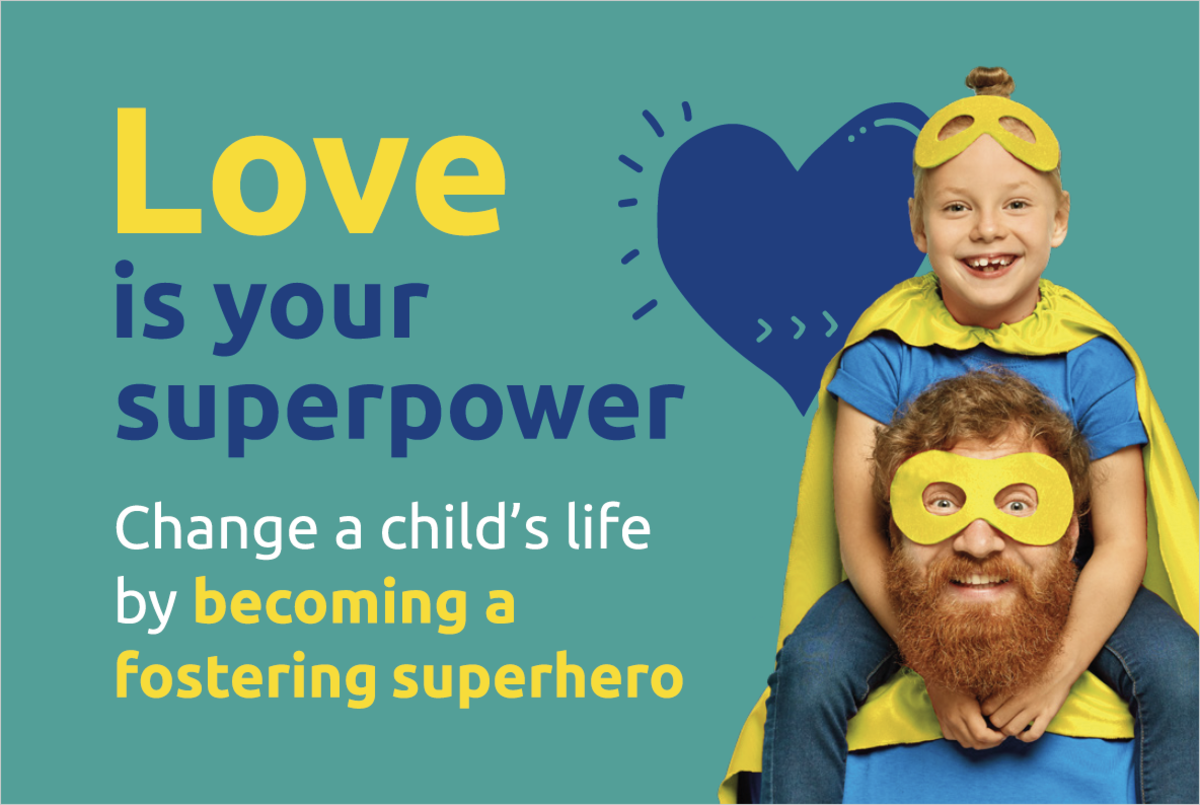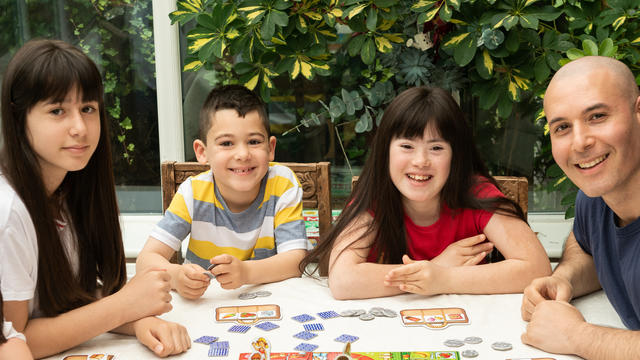Being a foster carer: the fiction and the facts

What do you think you know about becoming a foster carer?
Our experience is that people don’t always have accurate, up-to-date facts about taking on this rewarding role. In this myth buster, we provide the right information, so you can frame your thinking with confidence and, maybe, take a step towards becoming a Together Trust foster carer.
There is a real need for more foster carers now. The number of children in foster care, in England, has risen by around 11% over the period to March 2020.
With your help, we want to continue playing our part in supporting vulnerable children who are unable to live within their own families.
So, what are the myths about becoming an approved foster carer with us?
Myth: that you need experience of looking after children, as either a parent or carer.
Fact: That isn’t the case. We consider people who don’t have direct parenting experience in the same way as we do people with children, or caring responsibilities. Everyone goes through the same assessment process.
Myth: that you must be married or in a civil partnership.
Fact: Single people, including those who are divorced, can apply to become foster carers. This includes single men. If you are in a relationship both partners need to be committed to fostering.
Myth: that there is an upper age limit on being a foster carer.
Fact: There is no upper age limit on being a foster carer with us, only a lower age limit of 21. This lower limit is to provide an age gap between potential foster carers and the young people they care for. Although we have no age limit, we do consider fitness to care for children in terms of health and energy.
Myth: that you need to be a homeowner.
Fact: People who rent their home will be considered in the same way as people who own or have a mortgage on their home. The only requirement is that you have a spare bedroom which is specifically for any child you will be caring for. We are looking for people who can provide stable, loving homes.
Myth: that you are required to adopt your foster child or foster them for a long time.
Fact: Foster care can vary from a few days, weeks, months, or years. There is no automatic requirement for you to adopt (many children will not need adoption) and, during our assessment, you and your assessing social worker will talk about the approval range which suits you. Most new foster carers aren’t approved as long-term foster carers when they begin to care for children.
Myth: that we are looking for certain racial, cultural, or religious profiles in our foster carers
Fact: We actively welcome applications from all walks of life, ages, and backgrounds inclusive of race, cultural heritage, religion or beliefs, sexuality, or disability. Our overriding requirement is for people who are kind, caring and wish to offer a secure home to children.
Myth: that you aren’t paid for being a foster carer.
Fact: Foster caring is a rewarding, paid profession. We will also offer you a package of training, support and benefits. So long as the needs of any child you asked, who is living in your care, remain paramount, you could take on other paid work as well.
We hope this short myth buster has dispelled some of the misconceptions around fostering and, hopefully, got you thinking if it could be an option for you. For more information about fostering with us, click the button below:
Fostering: the picture in England
As of March 2021:
- 45,370 fostering households had 76,640 approved foster carers looking after about 55,990 children.
- 11% increase in the number of children in foster care (over the period to March 2020)
- In line with previous years, most foster carers were white (82%).
- Largest group of all approved foster carers were in their 50s (40%).
- Of 160,635 initial enquiries from prospective fostering households only 10,145 (6%) foster carer applications were received.
National Statistics - Fostering in England 2020 to 2021: main findings (Gov.uk)





